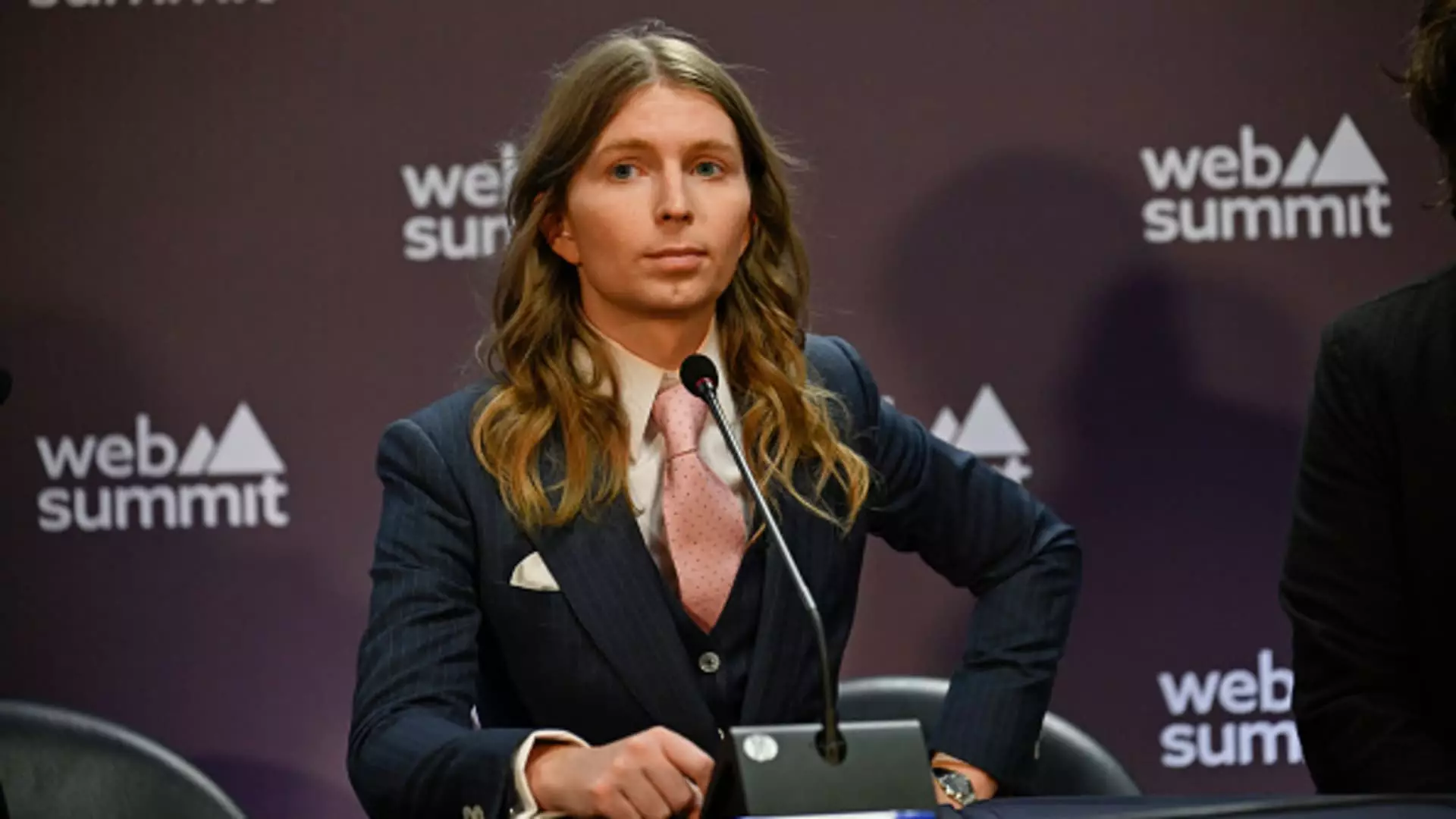Chelsea Manning, a former U.S. Army intelligence analyst, has emerged as a prominent voice advocating for individual freedoms in the digital landscape. Her perspectives, articulated during a recent interview at the Web Summit tech conference in Lisbon, emphasize the pressing nature of censorship as a predominant threat in contemporary society. Manning argues that while traditional censorship—where authorities actively suppress dissent—remains a concern, the modern challenge manifests differently. Today, algorithms and data management shape information visibility on platforms dominated by a few large tech corporations, creating a new form of censorship that influences public discourse without overt suppression.
Manning’s comments reflect the increasing urgency to address these issues as more individuals are awakening to the role of technology in shaping societal narratives. The concerning trend of information being filtered through the lenses of powerful monopolies essentially risks reducing the diversity of viewpoints and engenders a culture of homogenized content that pleases rather than informs.
In light of these challenges, Manning proposes a return to a more decentralized internet, reminiscent of its early days in the 1990s. This shift could empower users by allowing them greater control over their data and privacy. She suggests that technologies such as decentralized identification could provide a pathway for individuals to manage their online identities autonomously, minimizing reliance on centralized entities that regulate what information is accessible and what is not.
This notion of decentralization challenges the traditional business models of tech giants, which often prioritize engagement-driven algorithms that favor sensationalist content. Instead of allowing powerful companies to determine visibility through algorithms, a decentralized framework would prioritize user control, fundamentally altering the landscape of online interaction and information consumption.
Manning also calls for a reevaluation of the social contract between tech companies and users. She argues that current frameworks are misaligned with the realities of information-sharing in a digital age. There is a growing need for transparent agreements that determine how data is collected, shared, and utilized. A more equitable approach to information access could foster trust and encourage innovation, allowing the internet to flourish as a platform for genuine dialogue and diverse expression.
The transition to a decentralized paradigm raises essential questions about profitability and sustainability for tech companies. Manning posits that businesses should not merely see users as commodities to extract data from, but rather as participants in a mutually beneficial relationship that promotes privacy and respect. This reformed social contract would allow individuals to reclaim agency over their digital lives.
Reflecting on her experience as a whistleblower, Manning underscores the evolving challenges that individuals face today when attempting to reveal injustices. The explosion of information accessible via the internet complicates the landscape, distinguishing between verifiable knowledge and the overwhelming tide of misinformation. In an era where data is abundant yet often inaccurate, discerning truth from falsehood is a task requiring heightened diligence.
Manning notes a significant paradigm shift; instead of merely fighting for transparency against secretive governments, the struggle now encompasses navigating a saturated environment where misinformation competes with genuine insights. As a result, whistleblowers must be equipped with the tools to filter credible information and communicate their findings effectively to ensure that rightful causes are heard and understood.
Chelsea Manning’s insights at the Web Summit serve as a clarion call for vigilance against censorship and a transformative push towards a more equitable digital landscape. Emphasizing decentralization, privacy, and informed user engagement, she advocates for a reclamation of the internet that encourages diverse perspectives and ensures individuals’ rights are upheld. As we grapple with the complexities of the digital information age, the need for systemic change becomes increasingly pressing. The vision for a decentralized future beckons us to consider how we can support individuals—whether whistleblowers or everyday users—in their quest for authenticity, freedom, and agency in a world where information is both abundant and manipulated.


Leave a Reply